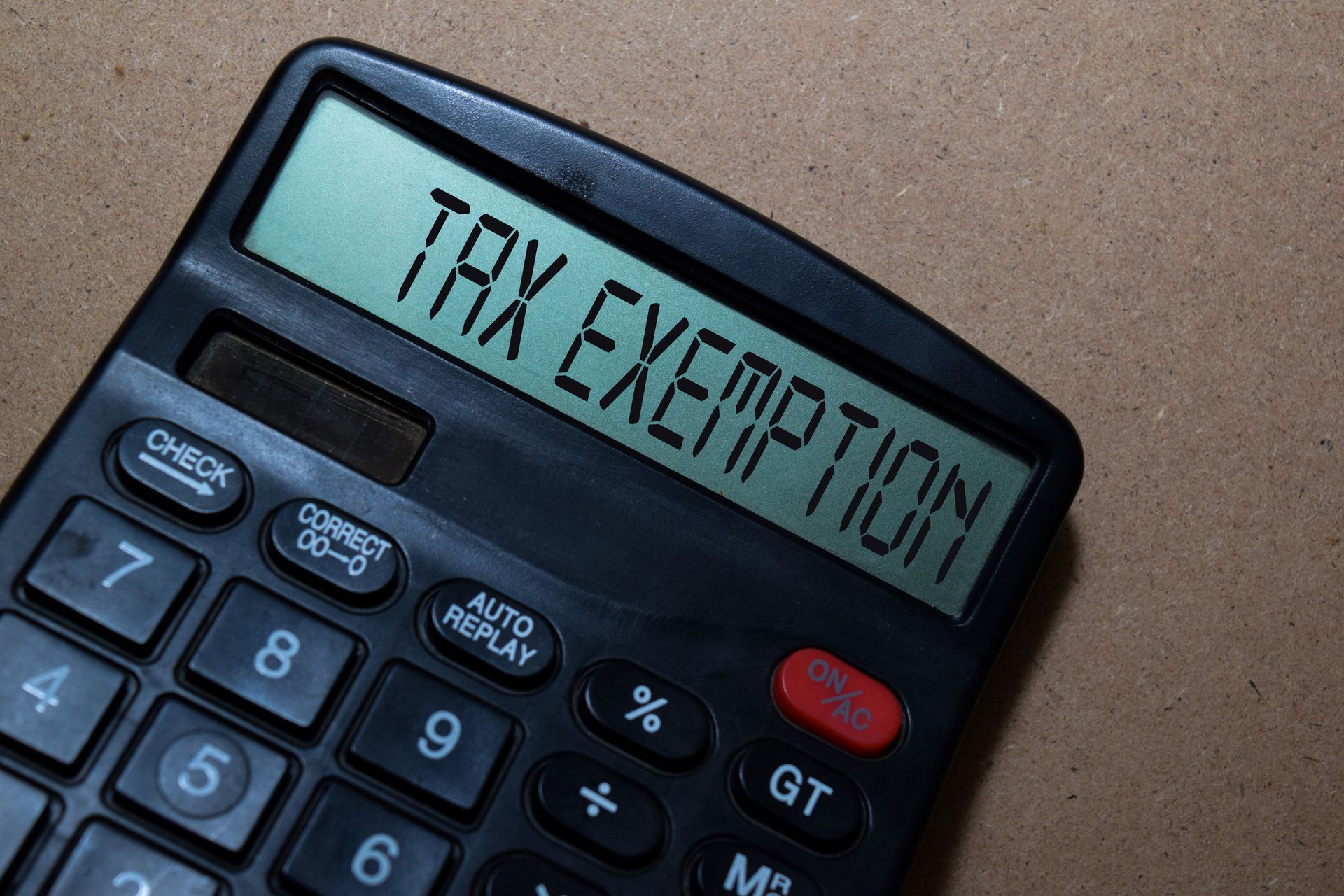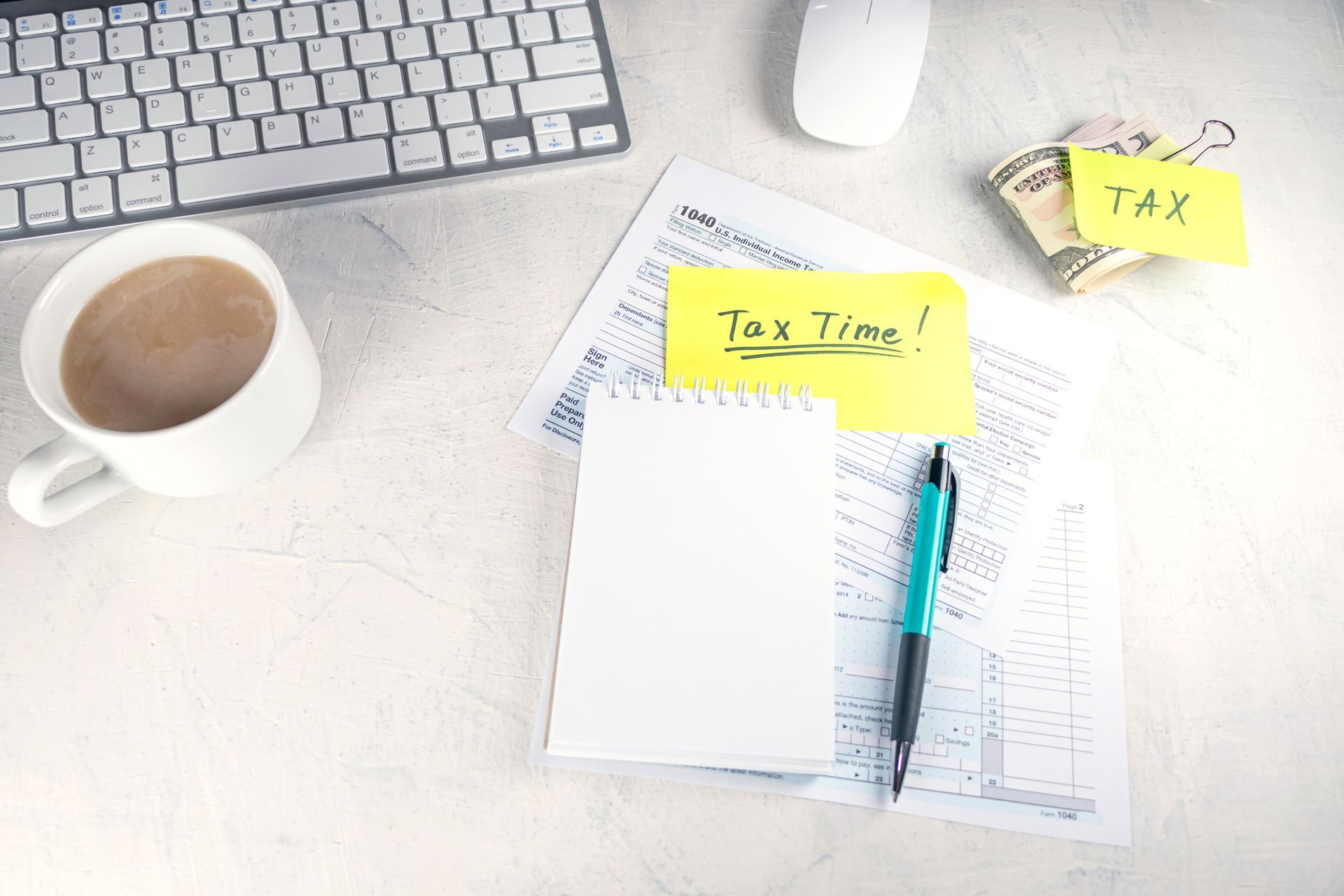Tax Planning vs. Tax Preparation: What is the Difference?
Navigating the world of taxes can often feel like walking through a maze. With so many terms, deadlines, and rules to keep track of, it’s easy to get lost.
Two of the most commonly confused terms are tax planning and tax preparation. While they might sound similar, they serve distinct purposes in managing your financial health.
Understanding the difference between tax planning and tax preparation can help you make more informed decisions, save money, and stay compliant with tax laws.
What is Tax Planning?
Tax planning is a proactive, strategic approach to managing your finances to minimize tax liability.
It involves analyzing your financial situation from a tax perspective and implementing various strategies throughout the year to ensure you’re taking advantage of all available tax benefits.
Key Components of Tax Planning
- Income Management: Adjusting when and how you receive income can impact your tax liability. For example, deferring income to a future year or accelerating deductions can help balance your taxable income over time.
- Deductions and Credits: Identifying and maximizing eligible deductions and credits can significantly reduce taxable income. This includes understanding itemized deductions versus the standard deduction and keeping thorough records of deductible expenses.
- Investment Strategies: Tax-efficient investing, such as holding investments in tax-advantaged accounts (e.g., IRAs or 401(k)s), can help minimize taxes on investment income.
- Retirement Planning: Contributing to retirement accounts not only prepares you for the future but also offers immediate tax benefits. Different accounts have different tax implications, so choosing the right one is crucial.
- Estate Planning: Effective estate planning ensures that your wealth is transferred according to your wishes while minimizing estate and inheritance taxes.
Benefits of Tax Planning
- Reduced Tax Liability: By strategically managing income, deductions, and credits, you can lower your overall tax bill.
- Financial Clarity: Ongoing tax planning provides a clearer picture of your financial health and helps in long-term financial planning.
- Compliance: Staying informed about tax laws and changes ensures you remain compliant and avoid potential penalties.
What is Tax Preparation?
Tax preparation, on the other hand, is the process of preparing and filing your tax returns. It’s a reactive process that occurs after the tax year has ended and involves gathering all necessary documents, completing tax forms, and ensuring accuracy before submission to the IRS.
Key Components of Tax Preparation
- Document Collection: Gathering all relevant financial documents, including W-2s, 1099s, receipts, and statements, is the first step in tax preparation.
- Form Completion: Completing the correct federal and state tax forms accurately is crucial. This may involve forms like the 1040, Schedule A, or Schedule C, depending on your financial situation.
- Error Checking: Ensuring all information is accurate and free of errors prevents issues with the IRS and potential audits.
- Filing: Submitting your tax return electronically or via mail by the IRS deadline is the final step in the tax preparation process.
Benefits of Professional Tax Preparation
- Accuracy: Professional tax preparers have the expertise to ensure your tax return is accurate and complete, minimizing the risk of errors.
- Time Savings: Tax preparation can be time-consuming. Hiring a professional allows you to focus on other priorities.
- Maximized Refunds: Experienced tax preparers can identify deductions and credits you might miss, ensuring you receive the maximum refund possible.
Comparing Tax Planning and Tax Preparation
While both tax planning and tax preparation are essential, they serve different purposes and timing within your financial management strategy.
- Timing: Tax planning is ongoing and proactive, taking place throughout the year. Tax preparation is reactive and occurs after the tax year has ended.
- Objective: The goal of tax planning is to minimize tax liability and optimize financial decisions. The goal of tax preparation is to accurately report financial information and comply with tax laws.
- Scope: Tax planning involves strategic financial decisions and long-term planning. Tax preparation focuses on the accurate and timely filing of tax returns.
Common Misconceptions about Tax Planning and Tax Preparation
There are several misconceptions people often have about tax planning and tax preparation. Understanding these myths can help you better appreciate the importance and distinct roles of each process.
Misconceptions about Tax Planning
- It’s Only for the Wealthy: Many believe tax planning is only beneficial for wealthy individuals with complex financial situations, but everyone can benefit from effective tax planning, regardless of income level.
- Only Needed at Year-End: Tax planning is often thought to be something to think about at the end of the year. However, it’s a year-round activity that should be integrated into overall financial planning.
- Too Complicated to Manage: While tax planning can be intricate, financial advisors and tax professionals can simplify the process and tailor strategies to your specific circumstances.
Misconceptions about Tax Preparation
- DIY is Just as Effective as Professional Help: While DIY tax preparation is feasible, professional preparers bring expertise and know-how that ensure accuracy, maximize refunds, and minimize audit risks.
- Only Needed for Filing Returns: Some people believe tax preparation only matters during tax-filing season. In reality, keeping organized records throughout the year enhances both tax preparation and planning.
- It’s Always Expensive: Although professional tax preparation can come at a cost, the benefits such as accurate filing, time savings, and identifying overlooked deductions and credits often outweigh the expense.
By debunking these common misconceptions, individuals can approach tax planning and preparation with a more accurate and beneficial mindset.
Integrating Tax Planning and Tax Preparation
For optimal financial health, integrating both tax planning and tax preparation is essential. Here’s how you can effectively combine both:
- Year-Round Strategy: Engage in tax planning throughout the year to make informed financial decisions and use tax preparation to report these decisions accurately.
- Professional Advice: Consider working with financial advisors or tax professionals who can provide guidance on both planning and preparation, ensuring a holistic approach to your taxes.
- Stay Informed: Keeping up-to-date with tax laws and regulations helps you make the most of tax planning opportunities and ensures accurate tax preparation.
- Technology Use: Utilize tax software and tools that offer features for both planning and preparation, streamlining the process and providing valuable insights.
Conclusion
Understanding the distinction between tax planning and tax preparation can make a significant difference in your financial well-being.
By engaging in proactive tax planning and ensuring accurate tax preparation, you can minimize your tax liability, stay compliant with tax laws, and achieve your financial goals.
Don’t wait until tax season to think about your taxes—start planning now, and reap the benefits all year long.
Ready to take control of your taxes?
Sela Tax & Accounting LLC is here to help! Our team of experienced professionals is dedicated to providing personalized tax planning and
affordable tax preparation services tailored to your unique needs.
Don’t navigate the complexities of the tax world alone—partner with us for expert guidance and peace of mind.
Take control of your tax journey with Sela Tax & Accounting LLC—where expertise meets personalized service. Contact us today to schedule a consultation!




